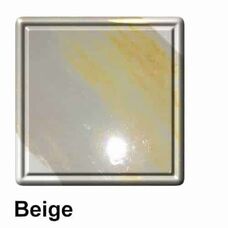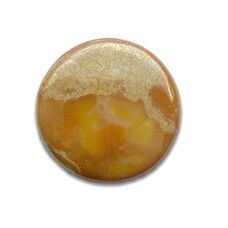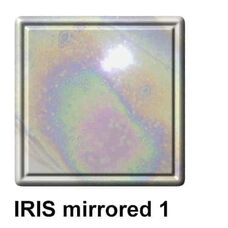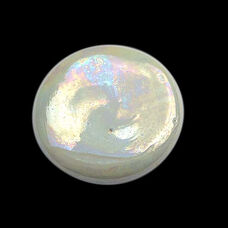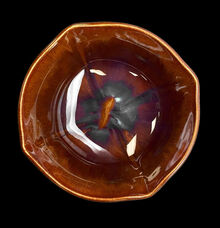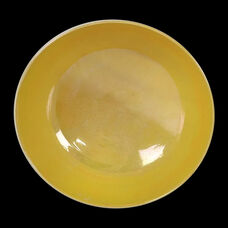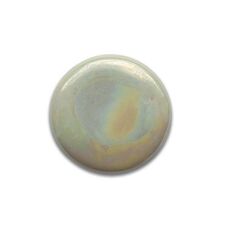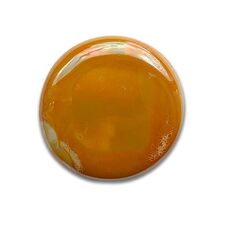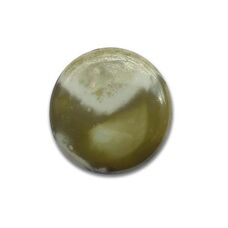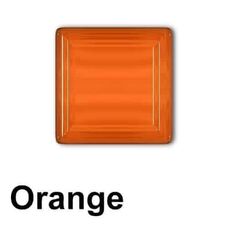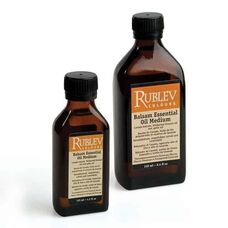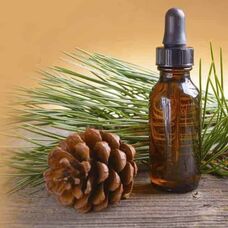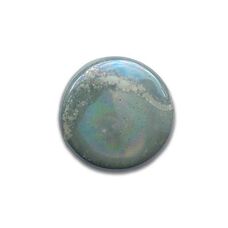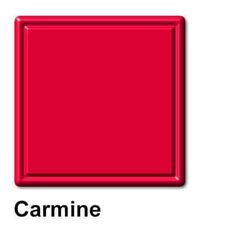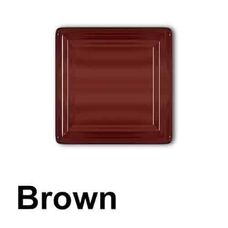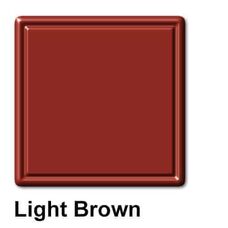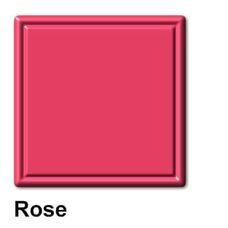Gold luster and fritware production and distribution enamels
BEIGE - Precious metal Luster Lustre for overglaze application
Quantity: 10 g. (0,35 oz.)Firing temperature: 700-830°C (1300-1540°F) (up to Orton cone SSB 014) Lead con..
5.79€
CINNAMON ORANGE - Precious metal Luster Lustre for overglaze application
The ceramic lustres are organic compounds of precious metals and base metals offered in the form of finished paint which..
3.19€
IRIS 1 - Mirror Effect Luster Lustre - Mother of Pearl
Quantity: 10 g. (0,35 oz.)Firing temperature: 700-830°C (1300-1540°F) (up to Orton cone SSB 014) Lead con..
5.59€
IRIS 2 (Mother of Pearl) Precious metal Luster for overglaze application
The ceramic lustres are organic compounds of precious metals and base metals offered in the form of finished paint which..
5.99€
SMOKY BROWN - Precious metal Ceramics Luster Lustre for overglaze application
Smoky Brown luster for overglaze application in ceramics refers to a specific type of luster finish that imparts a metal..
14.99€
YELLOW - Precious metal Ceramics Luster Lustre for overglaze application
Yellow luster for overglaze application in ceramics is a type of decorative finish that can be applied to the surface of..
19.99€
GREY - Precious metal Luster Lustre Heraeus for overglaze application
The lustres are organic compounds of precious metals and base metals offered in the form of finished paint which is appl..
6.69€
TAWNY ORANGE - Precious metal Luster Lustre for overglaze application
The lustres are organic compounds of precious metals and base metals offered in the form of finished paint which is appl..
3.59€
DARK BEIGE - Precious metal Luster Lustre for overglaze application by Heraeus
The ceramic lustres are organic compounds of precious metals and base metals offered in the form of finished paint which..
14.99€
LIME - Yellow/Green Precious metal Ceramic Luster Lustre for overglaze application
The ceramic lustres are organic compounds of precious metals and base metals offered in the form of finished paint which..
29.00€
ANTIQUE BRONZE - Green Precious metal Luster Lustre for overglaze application Heraeus
The ceramic lustres are organic compounds of precious metals and base metals offered in the form of finished paint which..
12.47€
ORANGE - Precious metal Luster Lustre for ceramics overglaze application
The ceramic lustres are organic compounds of precious metals and base metals offered in the form of finished paint which..
3.19€
Balsamic Turpentine - Thinner (diluent) for Lustre Luster
DescriptionTurpentine (which is also called gum turpentine, the spirit of turpentine, oil of turpentine, wood turpentine..
2.18€
Pine Turpentine - thinner (diluent) for lustre
Quantity: 3 ml. (0,10 fl. oz.) For larger quantity, please contact me. Description: The Turpentine i..
1.99€
DARK TURQUOISE BLUE - Precious metal Luster Lustre for overglaze application Heraeus
The ceramic lustres are organic compounds of precious metals and base metals offered in the form of finished paint which..
59.00€
AURORA - Precious metal Luster Lustre for overglaze application Heraeus
Quantity: 10 g. (0,35 oz.)Firing temperature: 700-830°C (1300-1540°F) (up to Orton cone SSB 014) Lead con..
15.99€
CARMINE - Heraeus Precious Metal Luster Lustre Germany effect
The lustres are organic compounds of precious metals and base metals offered in the form of finished paint which is appl..
29.00€
Dark Brown
Quantity: 10 g. (0,35 oz.)Firing temperature: 700-830°C (1300-1540°F) (up to Orton cone SSB 014) Lead con..
6.99€
Light Brown
Quantity: 10 g. (0,35 oz.)Firing temperature: 700-830°C (1300-1540°F) (up to Orton cone SSB 014) Lead con..
5.49€
ROSE - Precious metal Gold Lustre for overglaze application
The ceramics lustres are organic compounds of precious metals and base metals offered in the form of finished paint whic..
29.00€

